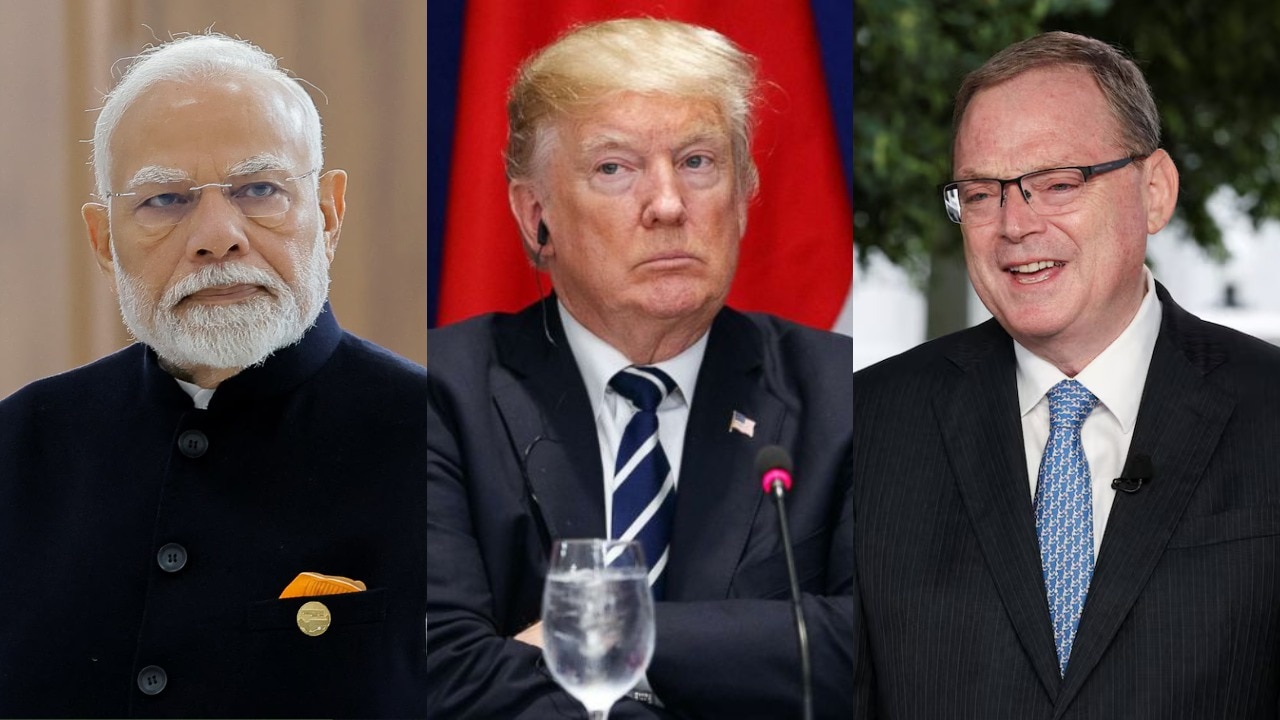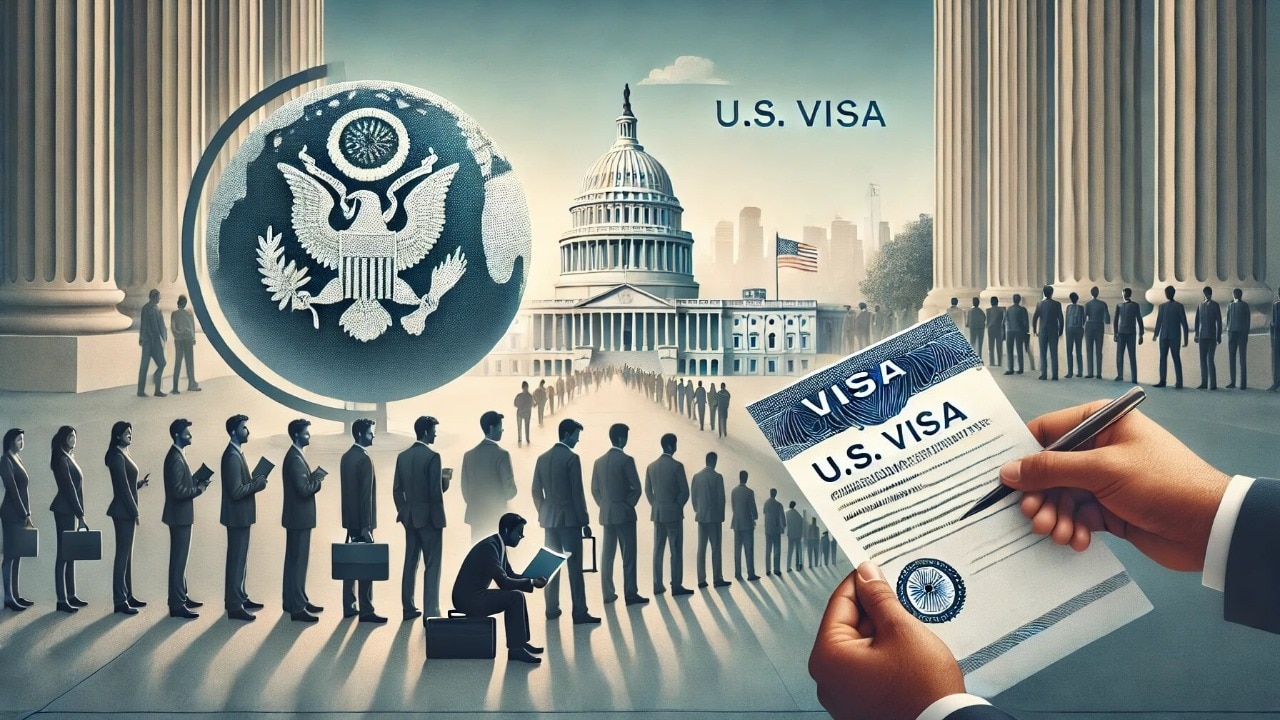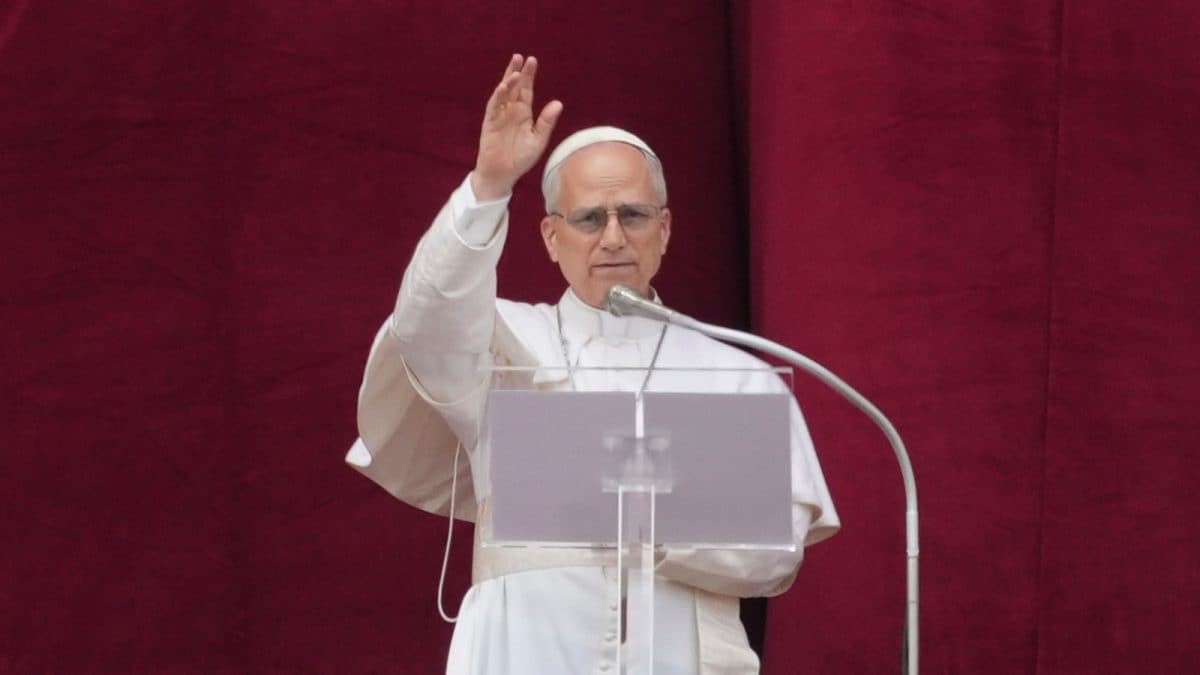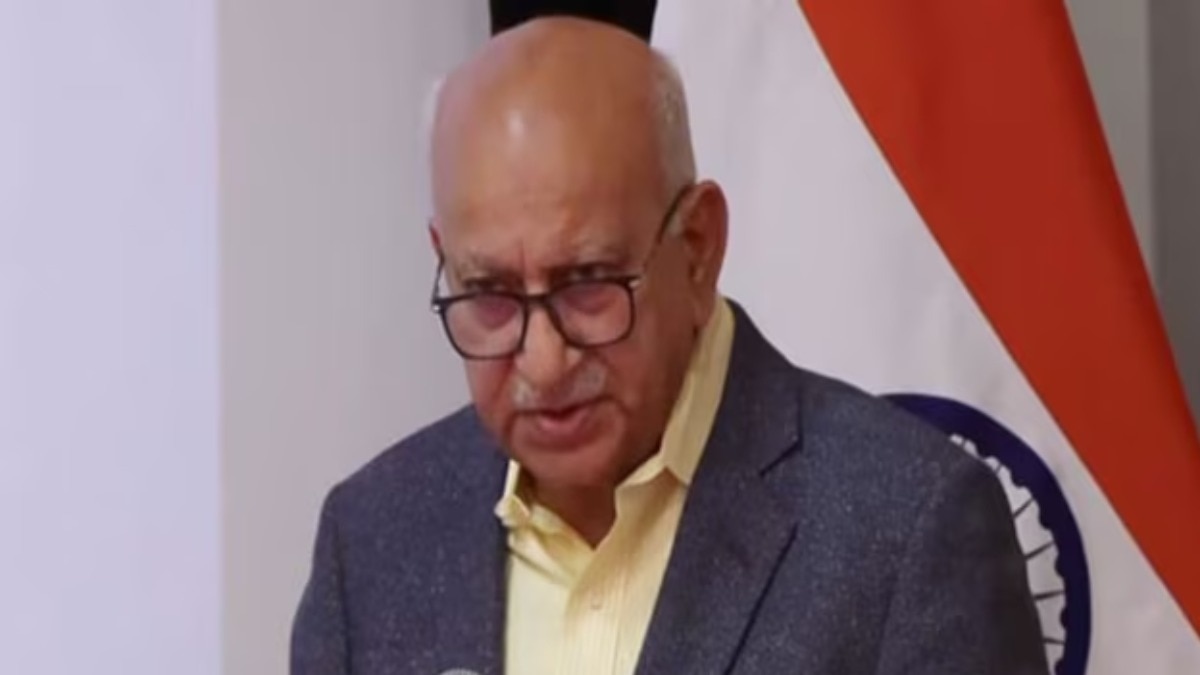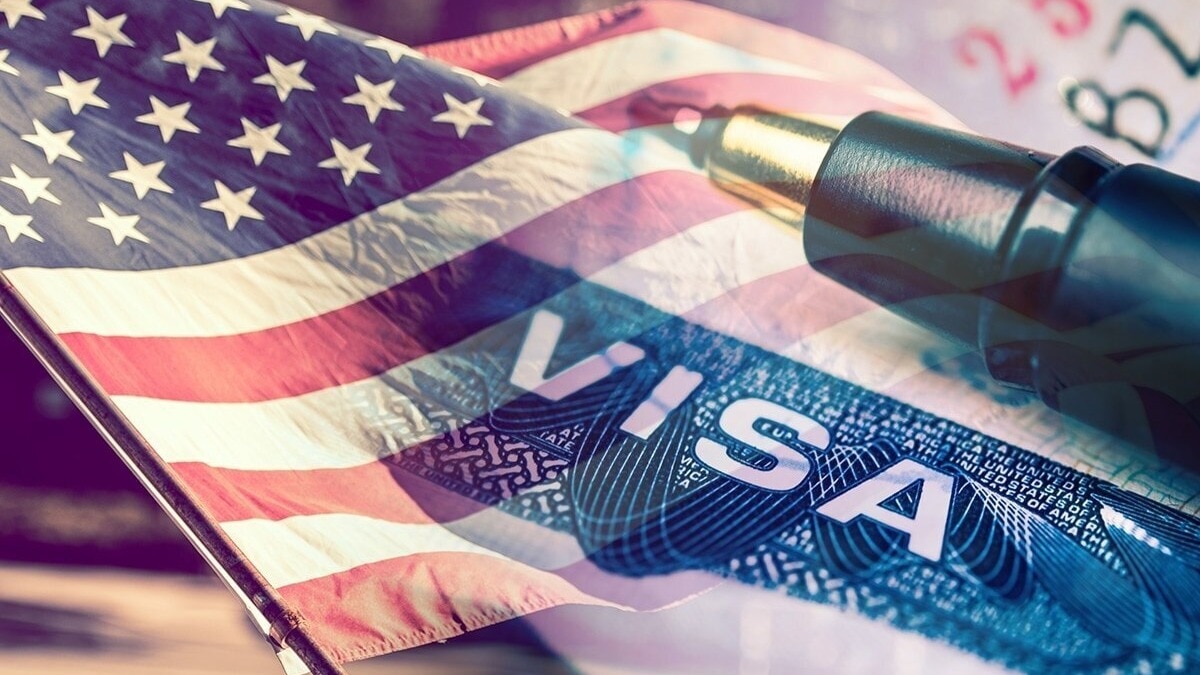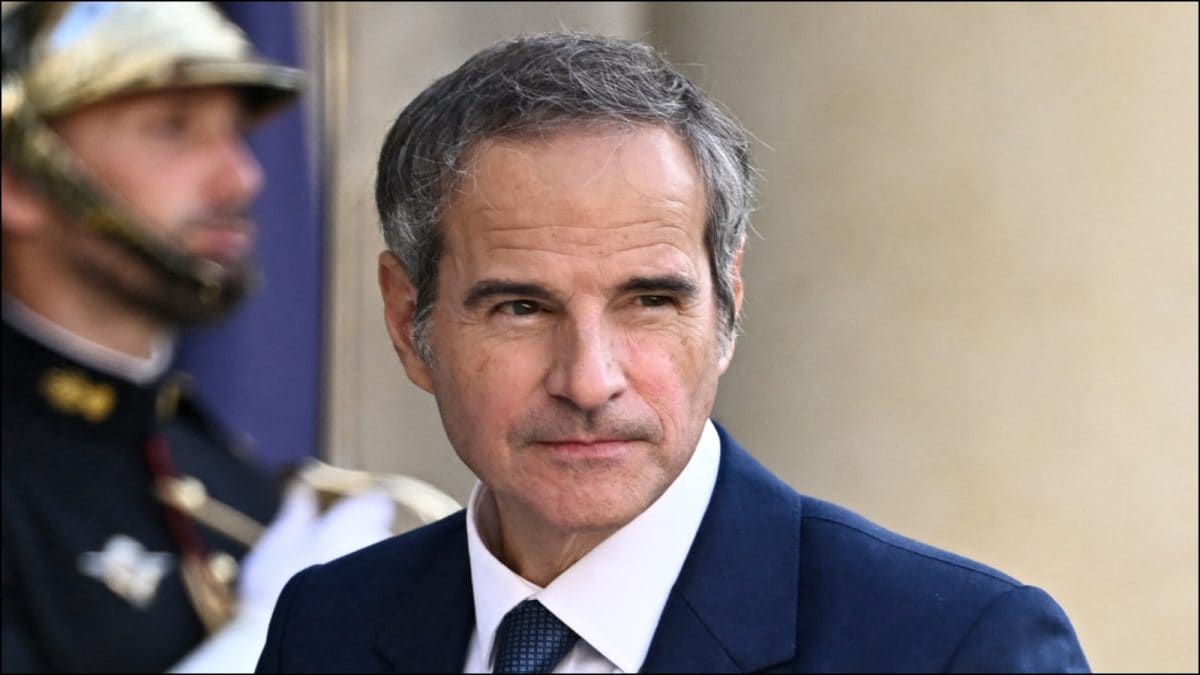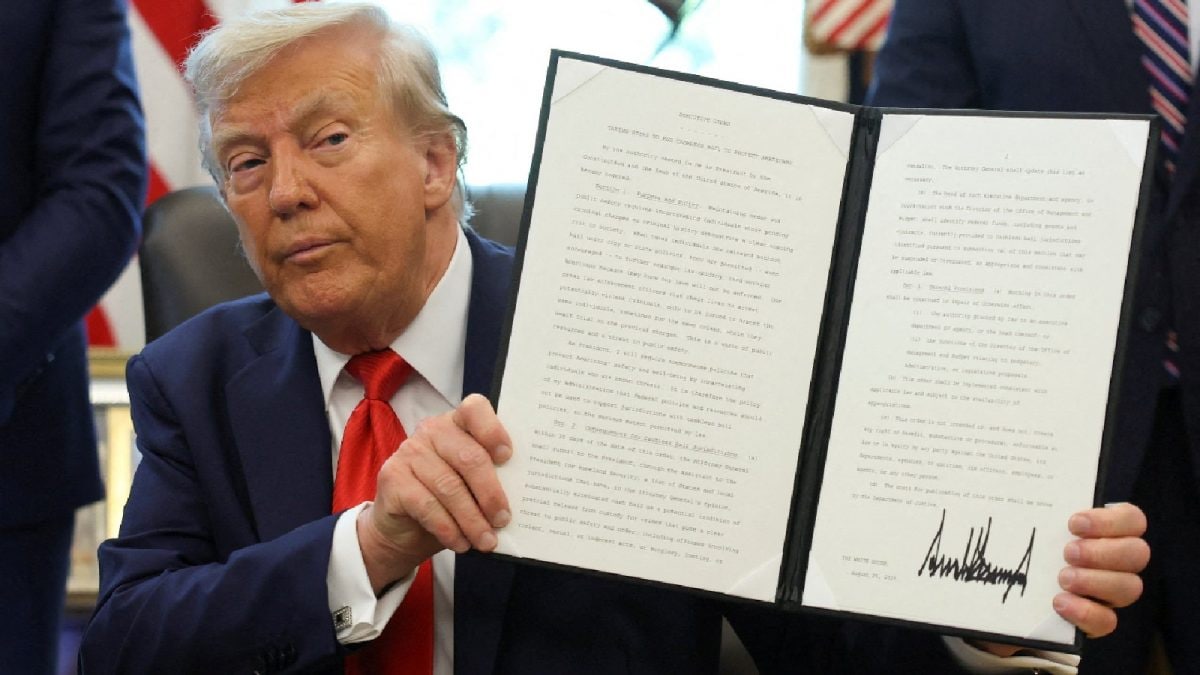Last Updated:July 08, 2025, 20:49 IST
South Korea, known for tech giants and luxury cars, is becoming one of the world's most irreligious societies, with nearly 60% unaffiliated due to modernisation and disillusionment

Once a society deeply shaped by Buddhism and later Christianity, South Korea has seen a steady decline in religious affiliation. (AP Photo)
In the heart of Asia, a country known for its global tech giants, luxury car brands, and record-breaking internet speeds is quietly leading another revolution, i.e. a mass departure from religion. South Korea, one of the most economically advanced nations, is emerging as one of the world’s most irreligious societies, with nearly 60% of its population now unaffiliated with any religion, according to data available up to 2024.
This dramatic shift didn’t happen overnight. Decades of modernisation, disillusionment with religious institutions, and a generational change in values have slowly but firmly eroded the influence of organised religion in South Korean society.
South Korea’s religious landscape has undergone a seismic transformation. Once a society deeply shaped by Buddhism and later Christianity, the country has seen a steady decline in religious affiliation. Today, only about 31% of South Koreans identify as Christians, with Protestants making up 20% and Catholics 11%, while around 17% practice Buddhism. The rest, a clear majority, declare no religious ties whatsoever.
What sets South Korea apart is not just the percentage of non-believers, but the voluntary and conscious nature of their choice. Religious disinterest isn’t a product of government repression, as in North Korea, where all forms of open worship are effectively banned. Instead, it reflects a broad societal shift driven by complex cultural, political, and economic factors.
The roots of South Korea’s religious decline lie in its meteoric economic rise. Over the past five decades, the country has transformed from a war-torn economy to a high-tech powerhouse. That rapid industrialisation brought with it sweeping urbanisation, weakening the grip of traditional institutions, including religious ones.
In modern South Korea, the youth are hyper-focused on education, careers, and navigating one of the most competitive societies in the world. Long working hours, high academic pressure, and a digital-first lifestyle have made religious rituals feel outdated and impractical. Many young South Koreans now identify as “spiritual but not religious," open to metaphysical ideas but skeptical of organised religion.
Adding to the disillusionment is the credibility crisis facing South Korea’s religious leaders. Scandals involving high-profile churches, especially among Protestant megachurches, have shaken public trust. Accusations of tax evasion, embezzlement, and even sexual abuse have emerged repeatedly in recent decades.
One major turning point was the Covid-19 outbreak in 2020, when the secretive Shincheonji Church of Jesus was linked to a massive coronavirus cluster. The group was accused of withholding information from authorities, fuelling nationwide outrage and further deepening public suspicion toward religious organisations.
Buddhism, too, has struggled to maintain relevance. Though historically significant, the number of its followers has been shrinking since the early 2000s, and the rise of commercialised “temple tourism" has further diluted its spiritual core in the public eye.
Religion’s role in politics has also contributed to its waning influence. During the 1980s and 1990s, after South Korea transitioned to democracy, several Christian leaders gained prominence, including Protestant Kim Young-sam and Catholic Kim Dae-jung. Large churches began aligning with political parties, funding campaigns and lobbying for influence.
However, this entanglement backfired. Instead of gaining power, religious institutions lost credibility. Their perceived interference in governance and their own internal scandals turned voters away. Attempts by political parties to build religious vote banks were met with resistance by a population increasingly wary of mixing faith with statecraft.
Now, South Korean democracy is marked by a clear separation between religion and politics, a separation that citizens seem determined to preserve.
South Korea’s secular surge is unique in Asia, where most countries still have strong religious traditions. Even neighbouring Japan, which is often viewed as secular, still retains large pockets of religious and spiritual practices blended into daily life. North Korea, by contrast, enforces atheism through authoritarian rule, punishing religious activity with harsh penalties.
Yet, South Korea’s atheism is not imposed; it’s chosen. Much like nations such as Sweden or the Netherlands, where religion has gradually faded into the cultural background, South Korea is moving toward a similar future.
view commentsLocation :South Korea
First Published:News world Asia's Most Atheist Nation? Why South Koreans Are Turning Away From Religion
Disclaimer: Comments reflect users’ views, not News18’s. Please keep discussions respectful and constructive. Abusive, defamatory, or illegal comments will be removed. News18 may disable any comment at its discretion. By posting, you agree to our Terms of Use and Privacy Policy.

 1 month ago
1 month ago
